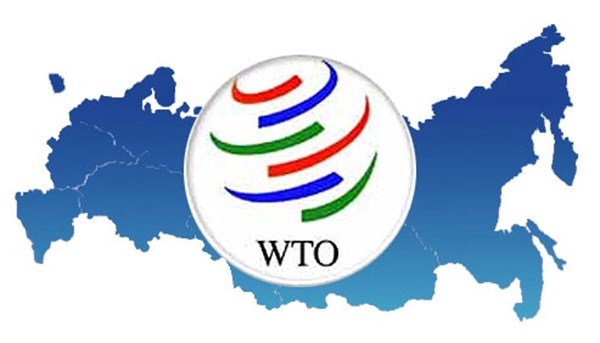WTO rejects Kyiv’s complaint regarding Russian ban on Ukrainian goods transit
The World Trade Organization (WTO) for the first time stated its position on the governments’ rights to challenge trade restrictions imposed by other countries in connection with the need to protect their security. On Friday, April 5, the WTO dispute settlement body’s arbitration group published its resolution of Ukraine’s complaint regarding the Moscow-imposed restrictions on Ukrainian cargo transit imposed in 2016.
The organization’s arbitrators recognized that WTO had the authority to analyze how legitimate was the use of the “national security” argument. They indicated that under normal circumstances, Russian measures would violate WTO rules.
However, the members of the panel, citing the UN Security Council’s resolutions, further pointed out that Moscow restricted the transit of Ukrainian goods through the territory of Russia amid a “critical international situation.” Thus, Russia’s actions were in compliance with Article XXI of the General Agreement on Tariffs and Trade (GATT), which is included in the WTO rulebook. This article determines the circumstances in which a country has the right to take action based on the interests of national security. According to to this, the WTO deemed unfounded Ukraine’s claims against the Russian Federation .
According to the DPA news agency, the decision of the WTO arbitration group may also affect the resolution of the dispute over U.S. duties on aluminum and steel. Until now, Washington has stressed that the WTO arbitrators do not have the right to determine the legality of governments’ trade restrictions based on national security interests.
The decision regarding Ukraine’s complaint actually refutes this assumption and thereby strengthens the position of the EU states and other countries that have appealed to the WTO with claims against the United States tariffs. The claimants asked the organization to verify Washington’s “national security” argument, and suggested that the introduction of the U.S. trade restrictions is only aimed at protecting the national market.
